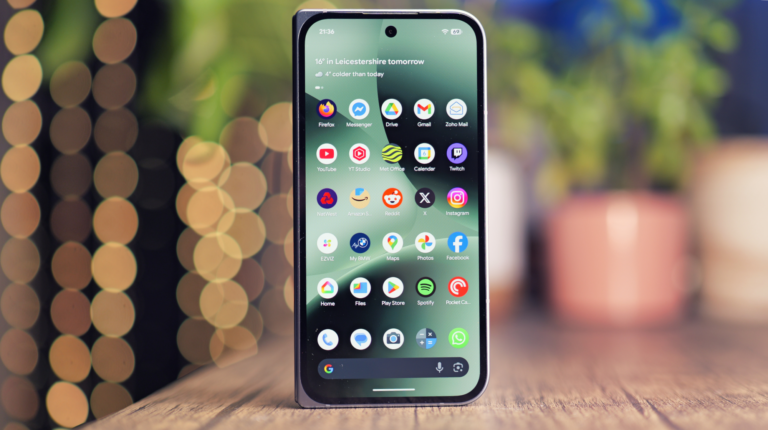iQOO Neo 11 could challenge Samsung’s dominance in the German Android market

German analysts see shifting buyer psychology in mid-premium segment
The growing discussion around the expected iQOO Neo 11 is now extending beyond basic curiosity and moving into a strategic question for Germany’s Android landscape: could this upcoming device begin to seriously pressure Samsung’s grip on the mid-premium category? Samsung traditionally holds strong share in Germany, especially through its Galaxy A-series and its lower flagship tiers, but recent German tech conversations reflect a mood shift. Many buyers have become more performance-focused, more research-driven, and more willing to consider performance brands that offer aggressive hardware for less money than typical mainstream flagships.
One of the reasons the Neo 11 topic is trending in Germany is the way the smartphone market has evolved during the past two cycles. German Android buyers have increasingly shown signs of fatigue toward incremental upgrades that do not dramatically change battery endurance, display smoothness or real-world gaming performance. This conditions the landscape in a way that benefits a performance-centred phone. Analysts in Germany often describe this mid-premium category as the most volatile part of the market, because brand loyalty is weakest here and conversion from one brand to another is easier if value is strong enough.
Another layer in this conversation is the type of consumer that the Neo lineup naturally appeals to. Historically, iQOO’s designs have leaned toward high refresh displays, cooling efficiency, and high-end chipsets. German gaming communities have been one of the strongest drivers of early social-media buzz around the Neo 11, because sustained frame rates are one of the biggest real-world experiences gamers compare across brands. Samsung’s mid-premium devices have been generally considered balanced, but not performance-dominant. This opens the door for a performance brand to make a mark, especially if pricing is positioned below top-tier flagships while offering similar experience in daily speed and latency.

German market watchers also see potential brand disruption if the Neo 11 enters the region with competitive pricing. The German consumer base in this segment is not passive. They compare long-term software stability, refresh behavior, heat output under gaming, and camera consistency under mixed lighting conditions. If a performance device delivers aggressively in several of those categories at once, the risk for Samsung is not abandonment of the brand entirely, but rather the slow erosion of loyalty from younger, gaming-leaning buyers who value pure speed more than brand familiarity.
Timing is another major variable. The German Android market is currently in a phase where many consumers are delaying upgrades until something feels like a clear leap rather than a small step. This environment increases opportunity for newcomers because cost-value becomes a bigger factor. When breakthrough-style devices appear, they can reset expectations fast. German analysts repeatedly mention that this market shifts in waves, and these waves are almost always triggered by real-world performance narratives rather than marketing campaigns alone.
However, even with the growing conversation, Samsung is not in immediate jeopardy. Its network support, retail presence, update track record and brand trust remain extremely strong in Germany. For the Neo 11 to challenge dominance, it would require both competitive distribution decisions and consistent post-launch support. German buyers care about sustained performance over time, not just launch-day benchmark strength. But the very fact that analysts and enthusiasts are openly questioning whether Samsung could face a challenger in this particular segment suggests that market conditions are unusually receptive to disruption.
For now, the broader trend within Germany is that buyers appear more open to trying alternatives when those alternatives promise higher value for money and a performance feel that matches the premium category. If the Neo 11 arrives at the right price, with strong local compatibility and competitive performance, it could influence this mid-premium category in a meaningful way. The question is no longer whether Samsung has the reach to defend the segment. The question becoming louder in Germany’s tech scene is whether a performance-focused newcomer might finally have enough firepower to shift buyer expectations during the upcoming cycle.






